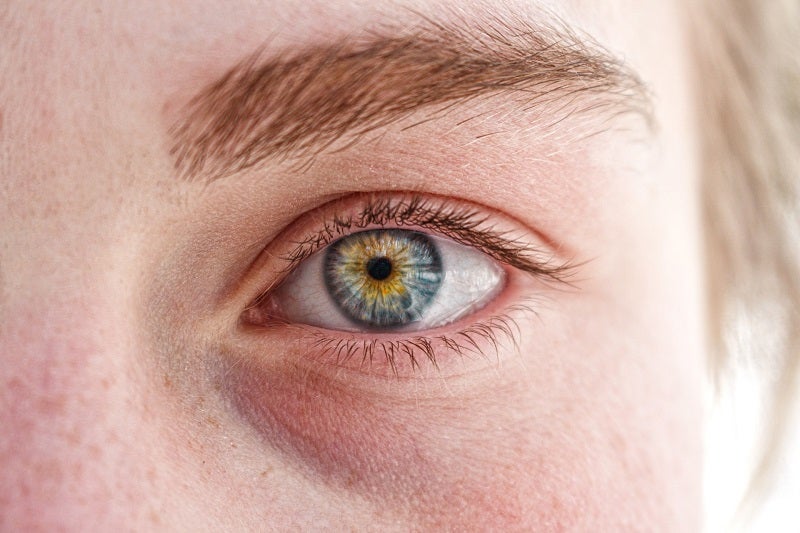
Clearside Biomedical has reported positive data from its OASIS Phase I/IIa clinical trial of CLS-AX (axitinib injectable suspension) to treat neovascular age-related macular degeneration (wet AMD) patients.
The open-label, dose-escalation trial was designed to evaluate the safety and tolerability of one dose of CLS-AX given by suprachoroidal injection using the company’s SCS Microinjector in wet AMD patients.
Results of the study include the final three-month data from all four cohorts, as well as the interim data from the three-month Extension Study.
The ongoing additional Extension Study will be conducted for a total of six months of follow-up after a CLS-AX single dose in participating patients from cohorts two, three, and four.
Clearside Biomedical noted that CLS-AX met the primary endpoint and showed a positive safety profile at all timepoints, and doses were well-tolerated.
Treatment related or serious adverse events, dose limiting toxicities, and adverse events related to inflammation, vasculitis, or vascular occlusion were not observed.
The company has also noted that the data from cohorts three and four showed signs of durability and biologic effect, as well as a meaningful reduction in treatment burden.
Clearside Biomedical chief medical officer and chief development officer Thomas Ciulla said: “We are strongly encouraged by the results we reported today which highlight the potential use of CLS-AX, a highly potent tyrosine kinase inhibitor combined with targeted SCS delivery, in serious retinal disease.
“CLS-AX was well tolerated and demonstrated a positive safety profile across all timepoints and doses. Interim data from the Extension Study in Cohorts 3 and 4 showed the supplemental anti-VEGF injection-free rate up to each visit was 88% (seven of eight patients) to month five and 75% (three of four patients) to month six, and at least a 90% reduction in treatment burden to date compared to the patients’ six-month anti-VEGF therapy prior to receiving CLS-AX.
“In addition, there were observable signs of biologic effect with stable mean Best Corrected Visual Acuity (BCVA) and stable mean Central Subfield Thickness (CST) throughout OASIS and the Extension Study at all timepoints to date.”
The final six-month data from the extension study is anticipated in the first quarter of next year.
The company also expects to commence the Phase II clinical trial in the same period.







